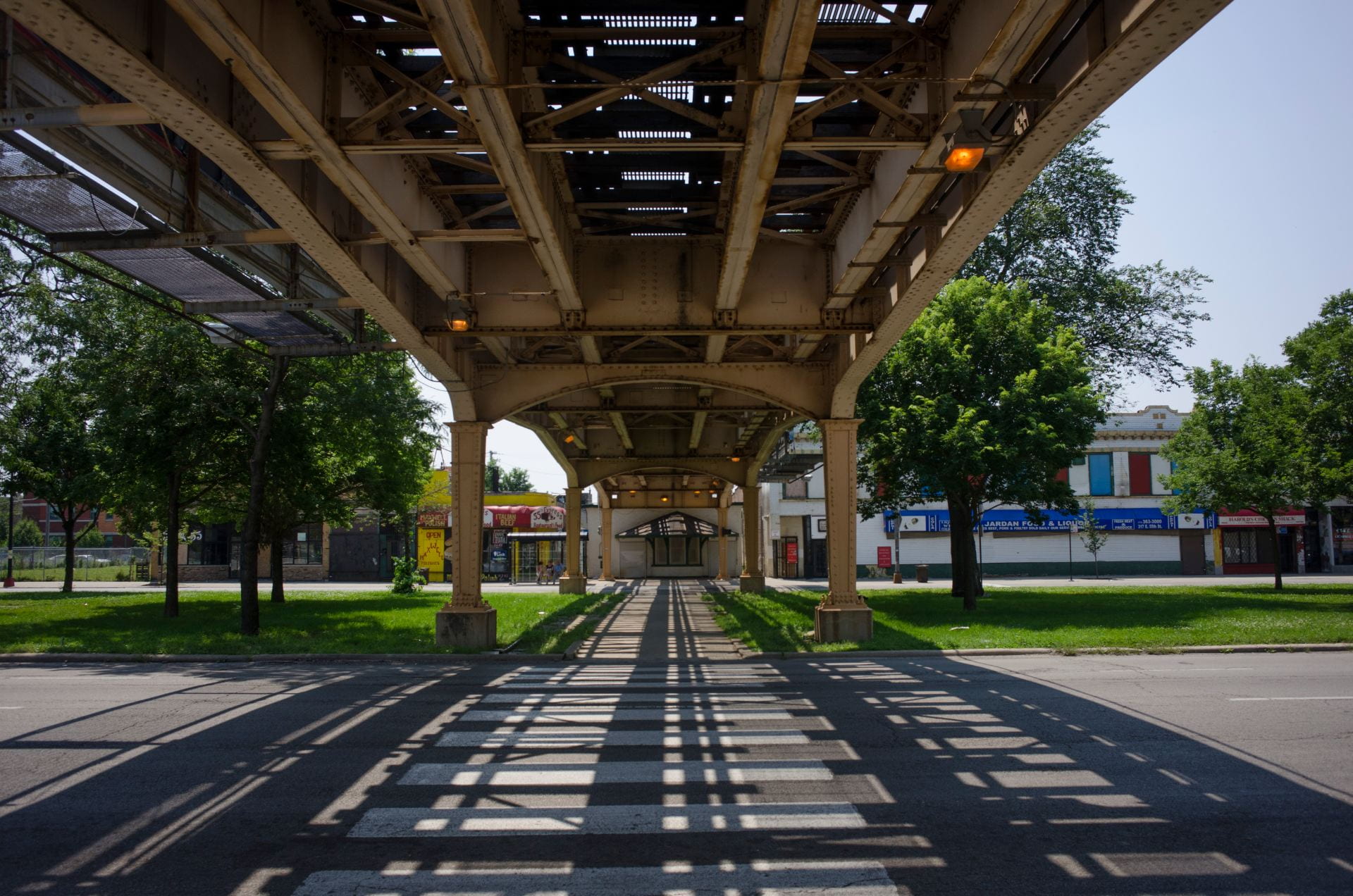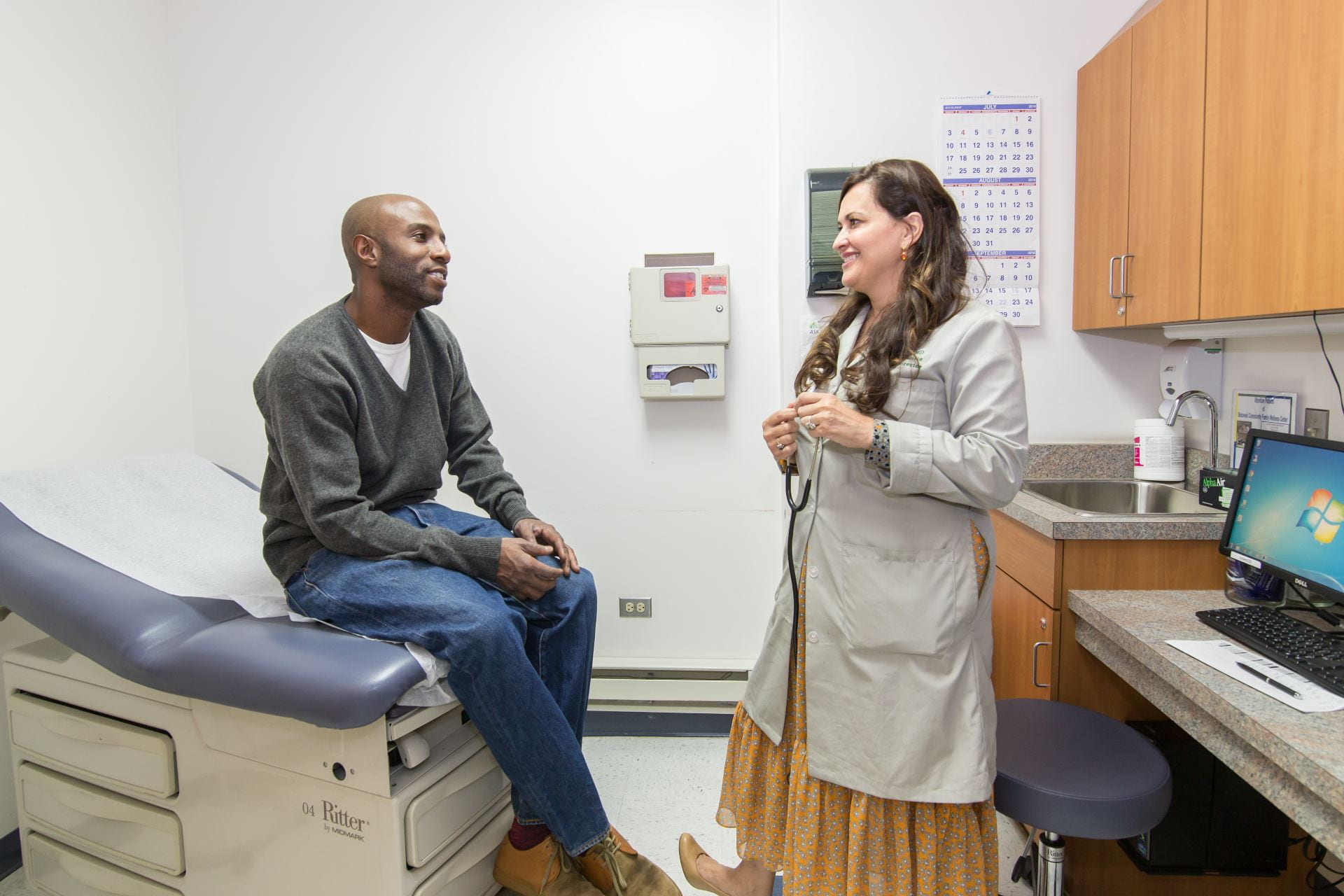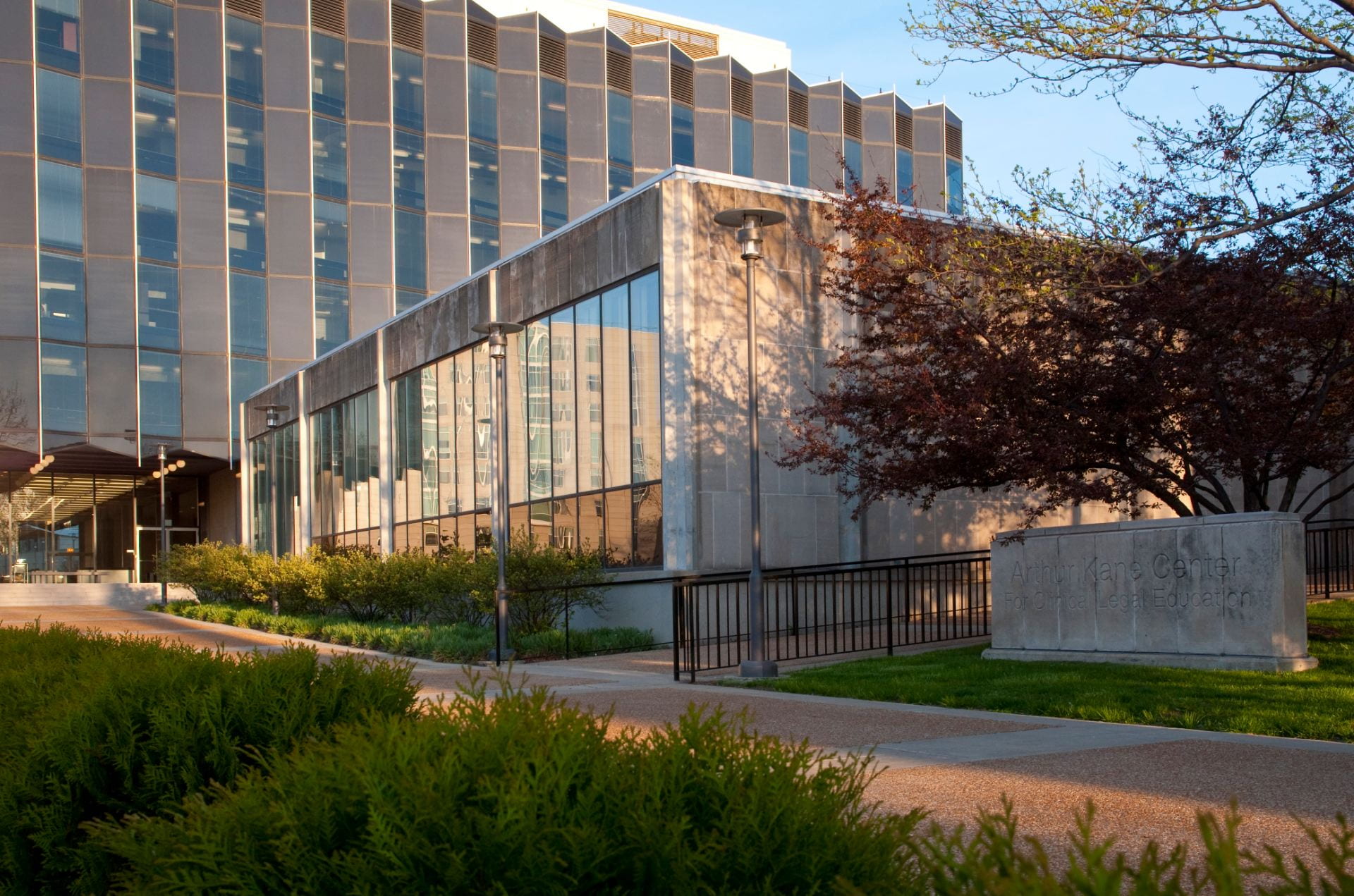CASE
Economic Development
Public Health
Public Safety
Education
Environmental Sustainability
Equity

Economic Development
From the Mansueto Institute’s “Million Neighborhoods Map” Project—detailing how critical infrastructure could bring slums around the world onto a grid—to the Office of Civic Engagement’s Community Programs Accelerator—incubating non-profit organizations on Chicago’s South Side— University of Chicago scholars and practitioners touch every aspect of urban economic development. The Harris School of Public Policy is home to the nation’s leading scholars in municipal finance, the University of Chicago Law school leads interdisciplinary work on housing accessibility and affordability, and professors across campus produce ground-breaking research and thought leadesrship on how to build systems that promote more equitable economic outcomes for city residents in Chicago, nationwide and globally.
Public Health
As health care challenges grow in cities globally, there has never been a greater need for data-driven analyses of critical issues like social determinants of health, policy frameworks aimed at solving the accessibility and affordability divide and real-world examples of how urban stakeholders—including hospital systems, governments and non-profits—can come together to improve health care delivery in underserved communities. Between the University of Chicago Medicine’s Urban Health Initiative, the health system’s community bridge to the South Side, and scholars at the School of Social Service Administration, Harris School of Public Policy and the Center for Spatial Data Science, scholars and practitioners within the Urban Network are leading experts in the field of public health. The University is home to leading experts who specialize in some of the most important topics of the day, from the impacts of Medicaid expansion and health insurance coverage to public health crises, such as opioid addiction, gun violence and global pandemics.


Public Safety
Policing and criminal justice systems, along with violence prevention strategies, are at the forefront of conversation on how to make cities more livable and equitable for all who live there. The University of Chicago is investing resources in scholarship and programs to help produce not just best-in-class thinking on public safety measures but also a body of work in the community that shows how data-driven, neighborhood-based initiatives can work to bridge the gaps between government entities and residents to improve quality of life. For more than a decade, the UChicago Urban Labs have been at the forefront of providing the data, resources and infrastructure necessary to help civic partners identify, test and scale policies and programs to improve urban life. Scholars at the School of Social Service Administration investigate the impacts of the school-to-prison pipeline and lead the Chicago Center for Youth Violence Prevention. And the University of Chicago School of Law runs the Mandel Legal Aid Clinic, training students to consider the effects of legal institutions on the poor while serving as advocates to those clients typically denied access to justice.



